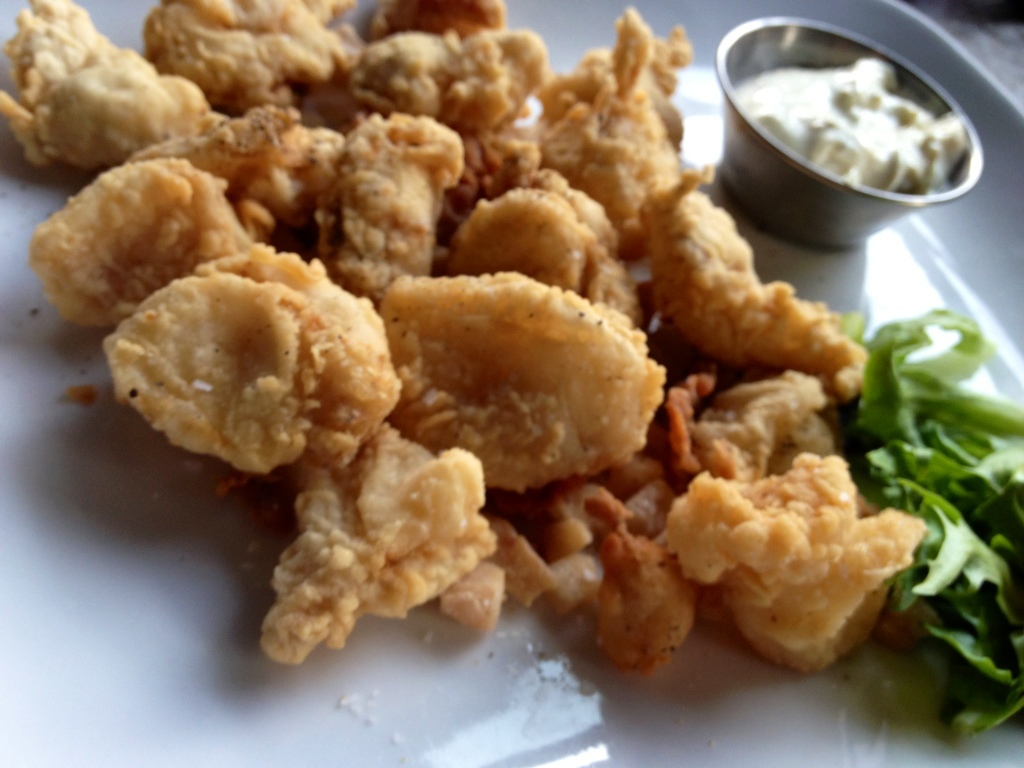“You must be shaggin' all the girls in Petty Harbour, are ye?”Petty Harbour is twenty kilometers outside of St. John's, Newfoundland; a fishing village of five hundred people, divided by a river into a Protestant and a Catholic side. In this community, the Doyles were known for generations as the best singers around, and in 1969, Alan Doyle was born into this family; into this community. Eventually, he would become a founding member of the Celtic Rock band Great Big Sea, and in his memoir Where I Belong, Doyle charmingly relates how it was his Petty Harbour background that gave him the tools he would need to chase his dreams.
“No, b'y,” I said. “All the Petty Harbour girls my age are my first cousins.”
“Jesus, that never stopped anyone in Petty Harbour. The closer the kin the better the skin.”
I decided to fight fire with fire. “I heard there's a Townie or two going around with an extra toe or finger,” I said.
He sniggered. “I'm just effing with you, b'y,” he said, impressed that I'd had the gall to rib him back.
This isn't the carefully scripted memoir of a practised wordsmith, but all of Doyle's best stories have the polish of well-worn tales; you just know he has repeatedly told the story of Frank and the fishing hook or of his and Perry's dangerous trek in search of skin mags – probably hundreds of times before – and Doyle's warmth and good humour shine through each tale. He may be the same age as my younger brother, but it was amazing to me that he seemed to have a childhood that was very similar to my mother's, a generation before in Charlottetown, PEI: both were born into Catholic families, with lots of kids sharing small bedrooms; both had mothers who baked fresh bread daily (but my own Pop taught me to eat it with both butter AND molasses); both were shot at by a cranky old man with a salt-loaded gun as they attempted to steal crabapples; and both were punished by Nuns when they earnesttly asked unanswerable questions. My mother, however, didn't need to poop into a beef bucket on the back deck until she was six. Such a Townie.
Where I Belong tells Doyle's story right up until the founding of Great Big Sea, and I found that very satisfying (and if he has a sequel in mind, I'd happily read that, too). What he did wonderfully here was to illustrate how a Petty Harbour childhood – cutting cod tongues, learning guitar for Folk Masses, performing hundreds of solo gigs in St. John's' pubs while attending Memorial University – was the best possible training for a rock star: Doyle paid his dues many times over and it's easy to root for his success. It's also easy to be charmed by someone who so obviously loves his family and his humble roots – someone who never thought that pooping in that beef bucket meant his family was poor – and what he captured here of life in a slightly simpler time in rural Newfoundland is definitely worth reading.
It may not be obvious why I seemed to like this book but only gave it three stars, and I hope the illustrative quote I opened with answers that question; the writing isn't really literary and I need to be true to myself and my ratings system despite enjoying getting to know Alan Doyle. His writing voice is every bit as charming as he appears to be in this video:
My Pop might have been a fiddle player, but I don't remember any kitchen parties; I'll have to ask my mother whether there were any when she was a kid. On the other hand, my friend Cora's parents were right from Ireland and I attended many kitchen parties with them. Cora and I had our regular list of songs we were expected to sing (we had sweet harmonies on Mull of Kintyre and we always got a huge response to the Meow Mix commercial, "Meow meow meow meow, meow meow meow meow..."), and even when I went to Ireland with them in 1982, we brought our flutes along because we had some instrumentals worked out too, including a song Cora's brother Sean wrote specifically for us. Just like the Doyles, my friends the Ryans sang with joy and confidence and I am grateful to have known the unique communal feeling of a real Celtic kitchen party.
I also want to note that several times my mother fried us up a mess of tongues and cheeks and we loved them. I suppose anything dredged in flour and fried in butter is going to be tasty, but tongues and cheeks truly melt in the mouth.


